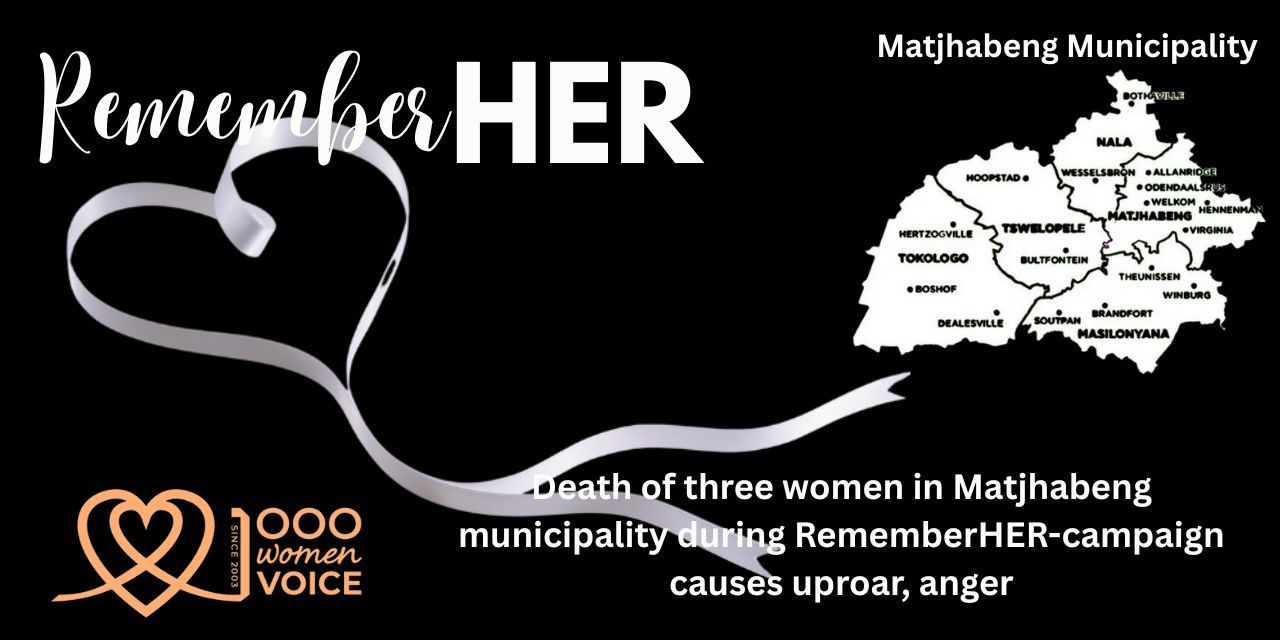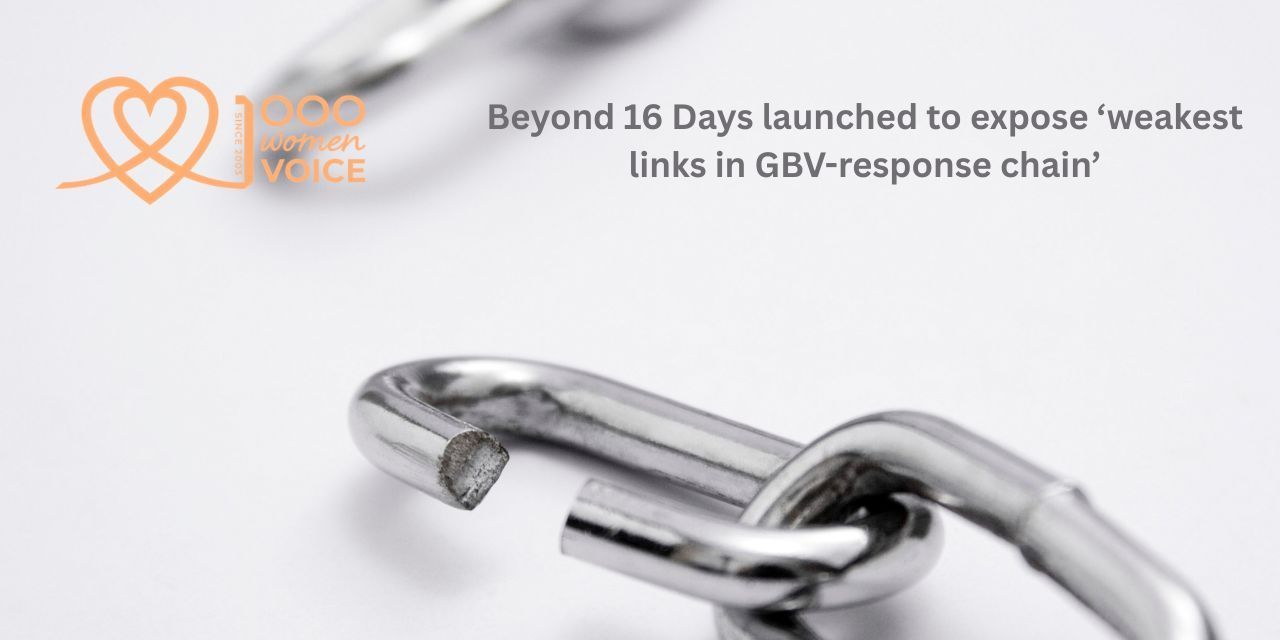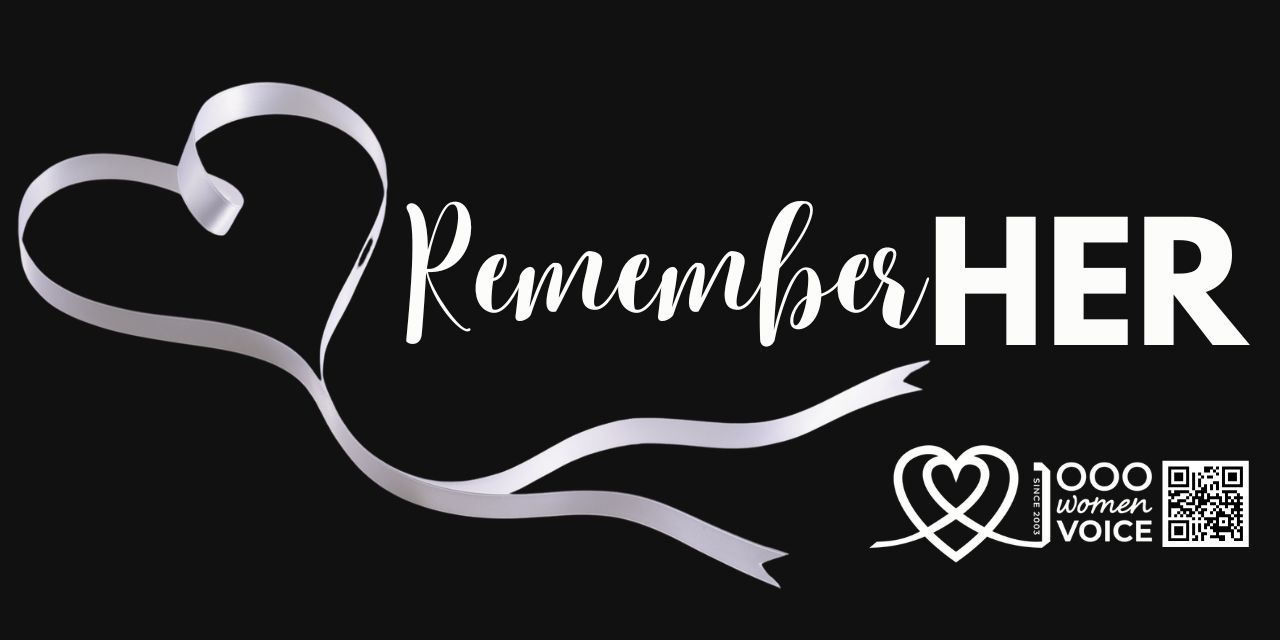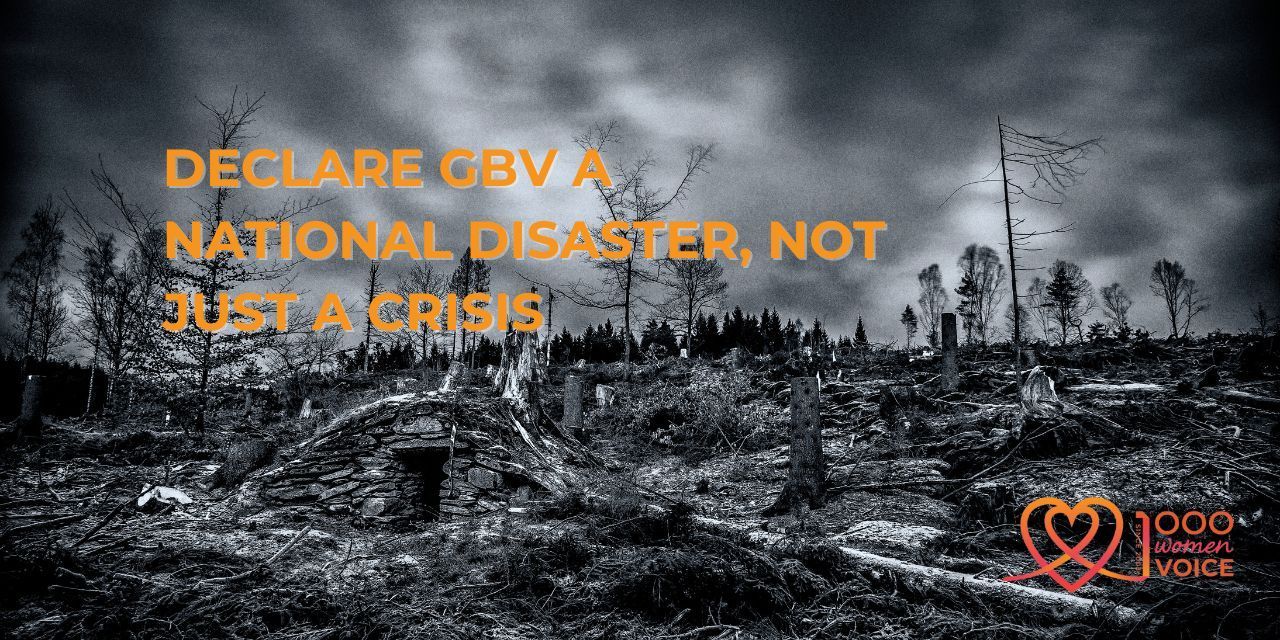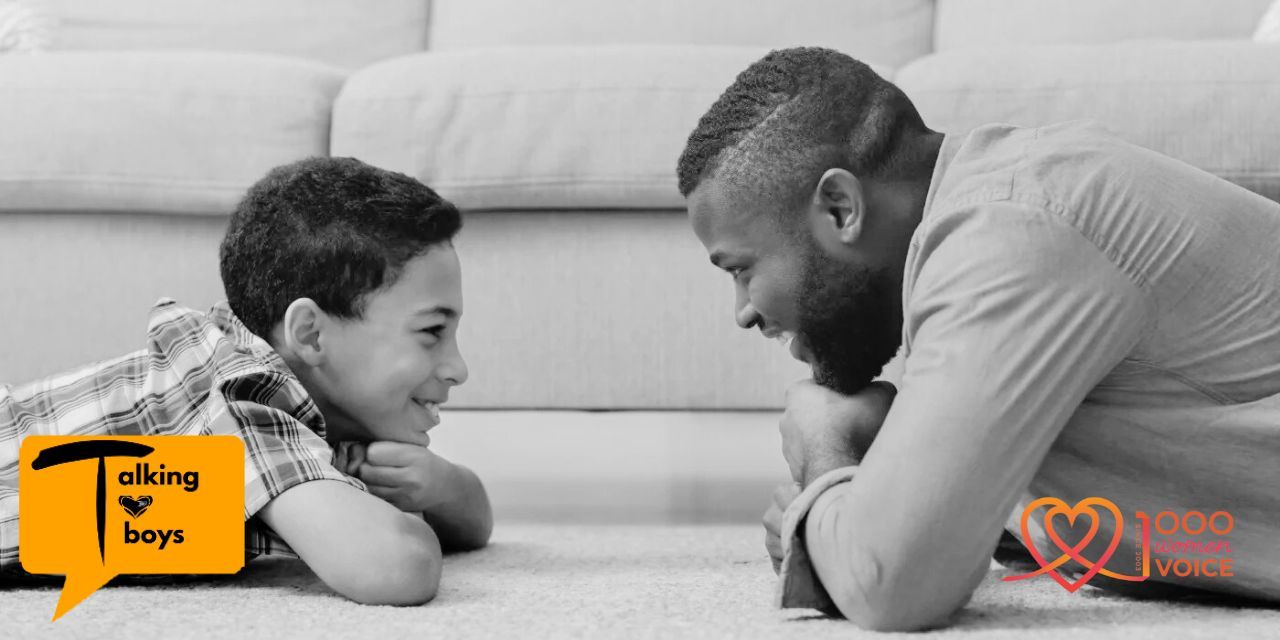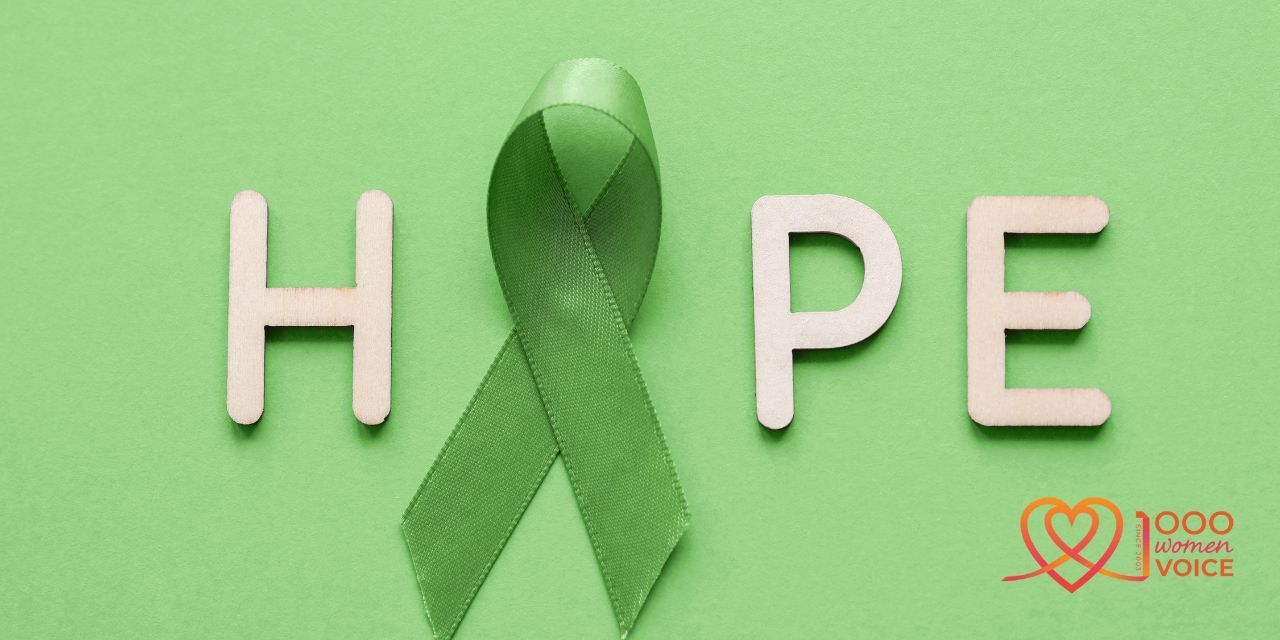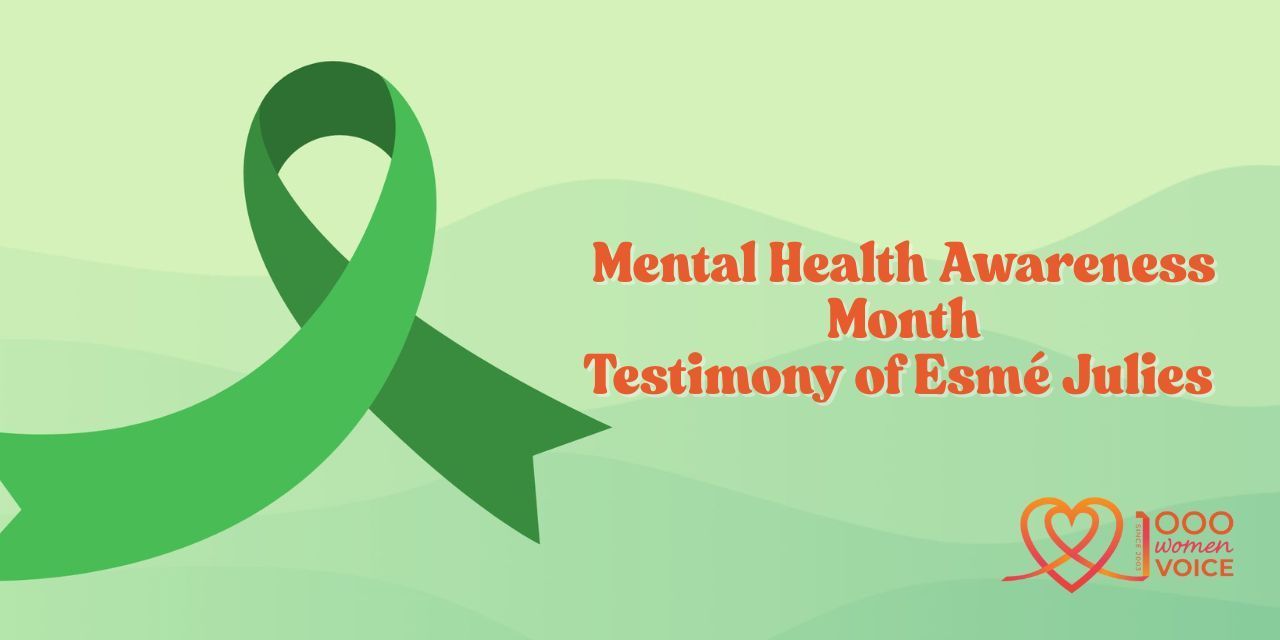by Karen Specter
•
12 November 2025
PRESS RELEASE ON BEHALF OF 1000 WOMEN TRUST: 12 TH NOVEMBER 2025 FOR IMMEDIATE RELEASE 1000 Women Trust empowers councilors to expand Talking to Boys-program, negating toxic masculinity The women-led organization 1000 Women Trust is launching a comprehensive formal training program on Saturday 15 th November to utilize 200 men as facilitators of a nationwide Talking to Boys-initiative. It is done to help reshape the male identity of South African toddlers, teens and adults by embracing non-violence, gender equality and kindness as a lifestyle and negating toxic masculinity that fuels gender-based violence, said Tina Thiart, co-founder of the Talking to Boys-initiative and co-founder of 1000 Women Trust. Thiart said between July and September 2024, 957 women were murdered, and 10 191 rapes were reported, while 1567 women survived attempted murders. The Human Science Research Council also published a research paper late last year that revealed that 33.1 % of SA women aged 18 or older, suffered physical violence during their lifetime from a male partner. “In order to change this depressing reality, you have to transform the hearts and minds of young men who face a complex web of challenges intersecting with poverty, violence, cultural expectations and systemic neglect,” Thiart said. “And that is why our office manager, Bianca Charles, and s group of social workers have developed a manual on talking to boys, and 200 facilitators will undergo training and then share the Talking to Boys-program with toddlers and teens in all communities, including GBV-hotspots,” Thiart said. If this program and many other like-minded programs, which encourage positive masculinity, are rolled out successfully, South Africa will raise a new generation of young men who no longer subscribe to the harmful notion that a woman is the subordinate or possession of a man, Thiart said. “Many boys grow up without access to counselling, mentorship, or safe spaces for emotional growth,” said Thiart. “Cultural norms often discourage boys from expressing emotions, leading to internalized trauma. “With high rates of fatherlessness, many boys lack healthy examples of masculinity. -“Boys often witness and internalize toxic masculinity, including aggression and dominance,” Thiart said. “Societal expectations push boys to “man up,” discouraging empathy and emotional intelligence. “Boys are both witnesses and, at times, victims of violence, which shapes their worldview,” Thiart said. “There are few structured programs to guide boys through adolescence into adulthood,” Thiart added. “Without affirmation or guidance, boys may feel disconnected from their communities and futures,” Thiart added. Thiart credited the role of several World Cup-hugging national sportsmen whose programs contribute to community, nation-building and positive masculinity. Siya Kolisi, South Africa’s first-ever black Springbok-captain, Kolisi rose from poverty in Zwide to lead the Springboks to double World Cup-triumphs. He is a global advocate for racial equity, responsible fatherhood and GBV-prevention through the Kolisi-foundation. Kagiso Rabada, a fast bowler who spearheaded the Proteas to the test championship title at Lord’s in June, Kg is known for his calm leadership and commitment to youth development. He is vocal about mental health and uses his platform to promote education and social justice. Lucas Radebe, a former Bafana-captain and Leeds United-legend, Radebe is celebrated for his humility, mentorship and anti-violence advocacy. He has long been involved in youth upliftment and community sports programs. Wayde van Niekerk, Olympic gold medallist and record-holder in the 400 m, Van Niekerk is a symbol of discipline and perseverance. He is actively involved in mentoring young athletes and promoting sports as a tool for transformation. Cheslin Kolbe, known for his electrifying speed and game-breaking soli runs, Kolbe’s journey from Kraaifontein to international stardom inspires youth in under resourced communities. He has been praised for his humility and family-centred values. These sport stars challenge stereotypes, defies narrow definitions of masculinity – model care, vulnerability and leadership. They also give back through their foundations, mentorships and advocacy and invest in the next generation, said Thiart. Thiart said a key element of 1000 Women Trust’s Talking to Boys-program is that fathers are inspired to make time to share and model values with their boys like consent, boundaries, respect and non-violence towards girls. “Through our course material, we convey the truths to boys that boys and girls are equal and worth of utmost respect. Fathers must demonstrate that equality by setting an example, by treating their wives with enormous respect, and telling both their sons and daughters how special they are and why he is proud of both the boy and the girl. “That equal affirmation of both the boy and the girl are equal and no gender is subordinate to the other,” Thiart said. In the 1000 Women Trust Talking to Boys program, the counsellors who lead will build safe, healing spaces where boys can ask questions, share fears and learn what it means to be a respectful, empowered young man, Thiart said. “We encourage fathers to make time to talk to their boys at home, in schools, on the field and in your community. “Share your journey. Model accountability and listen deeply. This is not about perfection. It is about presence. “” Because when men show up and make time with their boys, boys grow up differently,” Thiart said. 1000 Women Trust-facilitators in the Talking to Boys-sessions, will engage in certain activities with young boys like talking about “What makes good men” and “What positive masculinity look like”. “Through our Talking to Boys-initiative we not only want to encourage fathers to invest time with their boys. We also want to inspire grandparents, uncles and aunts to invest times with boys in their foundational phase,” Thiart said. “We say this because according to the State of South African Fathers 2024 report, over 64 % of children do not live with their biological fathers, but many are raised by grandparents,” Thiart added. For more information about the Talking to Boys-program, visit the website on www.talkingtoboys.co.za , or visit www.1000women.co.za or send an email to info@1000women.co.za or find the Trust on Whatsupp on (061) 4690479.. About 1000 Women Trust The 1000 Women Trust is a South African organization dedicated to combating gender-based violence (GBV) and femicide. The trust empowers women through training, skills development, and resources, and advocates for human rights to create a safer environment for women and girls. It is co-founded by Tina Thiart and has been active for 21 tears, For media enquiries: For more information or English interviews, contact Tina Thiart on 0816970200 or Bianca Charles on 0730903363 or Cynthia Khumalo on 0723862771 . Or contact Zyboonisa Moola Adams on 0815208562 .



